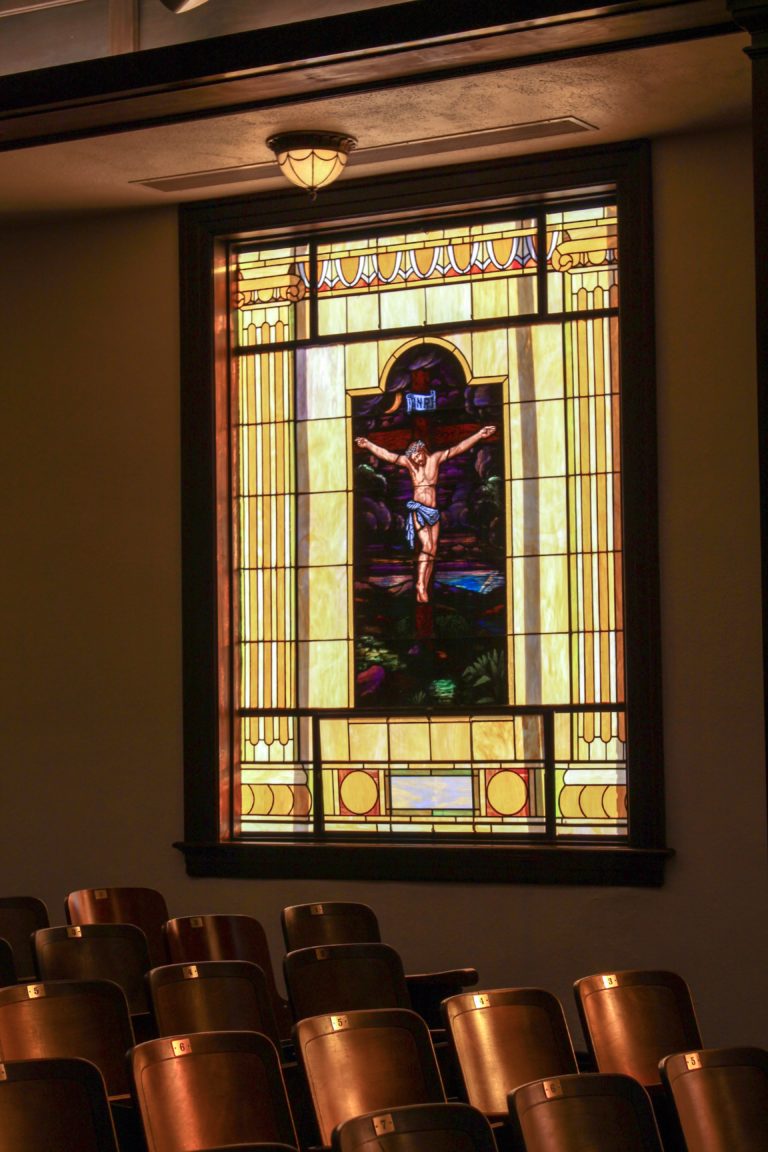By Mackenzie Haire, Contributing Writer
Lent is a long-honored tradition of the Christian church, but many students at Asbury may not have grown up participating in Lent or even knowing what it is.
Visionary class member Jonathan George grew up participating in Lent, but said “[I] never really understood the full scope of what it all meant until I got to college and started to do it on my own without my parents.”
As we transition away from our families and their traditions, we must choose which ones we’re going to continue on our own. As we mature in Christ, it’s not enough to merely participate in our faith-based traditions, but we need to understand them as well. If Lent isn’t dryer fuzz or an eyeless “Veggie Tales” character who sings about cheeseburgers, then what is it?
Lent is the approximate 40-day season between Ash Wednesday and Easter during which Catholic, Eastern Orthodox and Protestant believers prepare spiritually for Easter through prayer and self-denial.
According to the United Methodist Church’s website, the word “lent” comes from the Old English word “lencten” meaning spring, and the 40 days are intended to represent Christ’s 40-day trial in the wilderness preceding his ministry.
Until relatively recently, Lent was believed to be established by the apostles themselves or at least very recently afterward. But an article from theology professor Nicholas V. Russo reveals that the traditional 40-day fast came into being more gradually. Fasting before Easter was very common in the early Church; however, the length of the fasts varied — some lasting 40 hours to represent Christ’s time in the tomb. It wasn’t until the Council of Nicea in A.D. 325 that Lent became the tradition of a 40-day fast.
While many Christians do fast for the Lenten season, many others choose to give up a certain luxury or habit. Some of the more common things to deny during Lent are food-related, like sugar or coffee. But some Christians choose to cut out specific behaviors, like going on social media or sleeping in on weekends.
But why do any of this? How do these actions prepare us for Easter? They are not inherently spiritual, and many non-Christians participate in fasts or abstinence as well.
“To me,” George said, “Lent represents, obviously, Christ’s sacrifice for us. And in no way am I comparing me giving up candy to his sacrifice for all of humanity, but it’s more significant in the sense that the absence that I make in my life [during Lent] should be filled with what God has done.”
The act of fasting or abstaining during Lent is a way to reflect Christ’s suffering for us, but it is also a way to make space, spiritually, for God to meet with you. If Lent is something you’ve practiced all your life or if it’s new ground for you, it’s not too late to open yourself up to hear from God as we head toward Easter.




